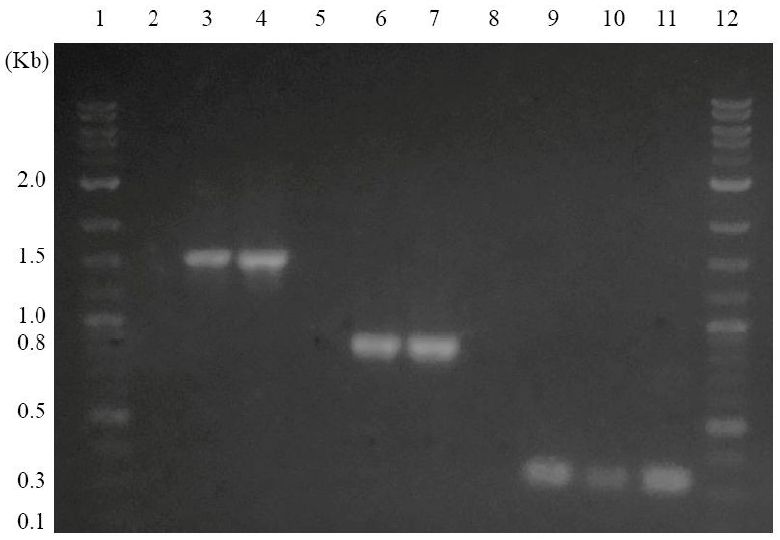VOLUME 5 NUMBER 2 (July to December 2012)

Philipp. Sci. Lett. 2012 5 (2) 199-208
available online: December 19, 2012
*Corresponding author
Email Address: wlrivera@science.upd.edu.ph
Submitted: July 21, 2012
Revised: October 30, 2012
Accepted: November 27, 2012
ARTICLE
Two strains of Gordonia terraeisolated from used engine oil contaminatedsoil utilize short- tolong-chain n-alkanes
by Michael Angelo C. Nicdao1,2 and
Windell L. Rivera1,3,*
Windell L. Rivera1,3,*
1Institute of Biology, College of Science, University of the Philippines, Diliman, Quezon City
1101,Philippines
2Institute of Arts and Sciences, Pampanga Agricultural College, Magalang, Pampanga 2011,Philippines
3Natural Sciences Research Institute, University of the Philippines, Diliman, Quezon City 1101,Philippines
1101,Philippines
2Institute of Arts and Sciences, Pampanga Agricultural College, Magalang, Pampanga 2011,Philippines
3Natural Sciences Research Institute, University of the Philippines, Diliman, Quezon City 1101,Philippines
This study aimed to isolate bacteria that are able todegrade a wide range of hydrocarbon (HC)compounds. Samples were taken from soilcontaminated with engine oil using mineral saltmedium (MSM). Taxonomic classification of twoisolates, using the Biolog Microbial Identification System,revealed that they are actinomycetes belonging to the suborderCorynebacterineae. Nucleotide sequences from amplified 16Sribosomal RNA (rRNA) gene and phylogenetic analysis showedthat the isolates (designated as G1 and G2) are two differentstrains of Gordonia terrae. The isolates are capable of degradingHCs specifically n-alkanes as demonstrated by HC utilizationfingerprints and gas chromatography-mass spectrometry(GC-MS) experiments. Their capability to grow on a wide range ofsaturated HCs is attributed to the presence of the alkanehydroxylase (alkB) gene. The isolation of these bacteria hasadded the limited number of species that are able to degradeshort- to long-chain saturated alkanes.
© 2024 SciEnggJ
Philippine-American Academy of Science and Engineering